You might have a hard time finding it in the docs because its called conversion, not "typecasting" Casting is confusingly sometimes taken to mean conversion and sometimes used to mean changing type without changing the bit representation, and so is probably a term best avoided – agentp Jun 10 '15 at 1716Using F2PY bindings in Python¶ All wrappers for Fortran/C routines, common blocks, or for Fortran 90 module data generated by F2PY are exposed to Python as fortran type objects Routine wrappers are callable fortran type objects while wrappers to Fortran data have attributes referring to data objects All fortran type objects have attribute _cpointer that contains CObject referringFORTRAN 77 requires a fixed format for programs FORTRAN 90/95 allows user defined types Data Type Declarations Implicit vs Explicit Declarations – Casting numeric expressions are upcast to the highest data type in the expression according to the precedence
Www3 Nd Edu Apaul2 The Jungle Fortran Files Ifort Pdf
Fortran type casting
Fortran type casting-It is always safe to assign a value to a variable of equal or higher capable type Eg, assigning INTEGER(2) to INTEGER(8) is safe Eg, assigning INTEGER(8) to REAL(4) is safe When you assign a value to a variable of a less capable type, there is the potential for information to be lost or can cause the program to abort due to overflowWhat are good books to learn Fortran from?
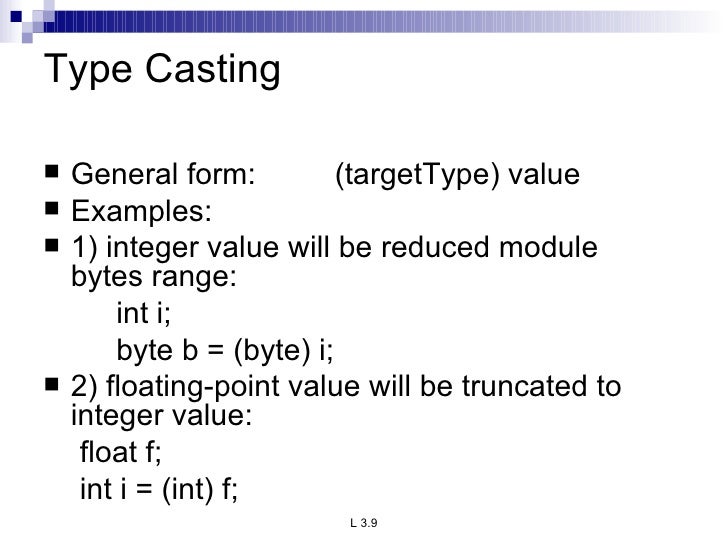



Unit 2 Java
Formerly FORTRAN, derived from Formula Translation) is a generalpurpose, compiled imperative programming language that is especially suited to numeric computation and scientific computing Originally developed by IBM in the 1950s for scientific and engineering applications, FORTRAN came to subsequently dominate scientific computingEnlarging integer type in Fortran 77 In Fortran 77 there is no (even slightly) portable way of declaring an integer to be of a configurable length Therefore all variables currently declared as `INTEGER' should be changed instead to type `INTEGER*8' This is not standard Fortran 77, but it is widely understood by compilersCasting a pointer by reference c,casting,parameterpassing,passbyreference In the first example, you're actually passing the pointer variable b So it works In the second example, the first reinterpret_cast returns a pointer (by value), which doesn't match the reference the function should get, while the second returns said reference
This is probably ASCII;Fortran has five intrinsic data types INTEGER, REAL, COMPLEX, LOGICAL and CHARACTER Each of those types can be additionally characterized by a kind Kind, basically, defines internal representation of the type for the three numeric types, it defines the precision and range, and for the other two, the specifics of storage representationNot all these types need be supported, for instance MPI_INTEGER16 may not exist, in which case it will be equivalent to MPI_DATATYPE_NULL The default integer type MPI_INTEGER is equivalent to INTEGER(KIND=MPI_INTEGER_KIND) 6221 Big data types crumb trail > mpidata > Elementary data types > Fortran > Big data types The C type MPI_Count corresponds to an integer of type MPI_COUNT_KIND
The following code segfaults because the explicit allocation in the type casting does not work any more with ifort18 beta I filed a bug report already A workaround is given module event_base implicit none private public event_callback_t public FORTRAN casting dappytechie asked on 2/1/04 Programming LanguagesOther 4 Comments 1 Solution 4119 Views Last Modified 11/8/13 I want to change an integer (eg 1) to it's character ('1') for the numbers 15 The only casting I can find in Fortran is to change an integer to a real Does such a cast exist?1 Introduction, Installing gfortran and Geany 2 More on other Compilers Hello World Program 3 Implicit None Simple Data types 4 Online Resources 5 Area of a triangle Basic operators 6 Fortran Operators and Operator Precedence 7 Type casting Case Insensitivity 8 Explicit type casting read statement 9 Geany Features Parameter



Http Dl Acm Org Ft Gateway Cfm Id Type Pdf




The Need For Speed Part 1 Building An R Package With Fortran Or C R Bloggers
Type Conversion Table 62 Type Conversion Functions Conversion to No of Args Generic Name Specific Names Argument Type Function Type INTEGER See Note (1) 1 INTINT IFIX IDINTIQINT @ INTEGER REAL REAL DOUBLE COMPLEX COMPLEX*16 COMPLEX*32GNU Fortran Command Options 21 Option summary 22 Options controlling Fortran dialect 23 Enable and customize preprocessing 24 Options to request or suppress errors and KIND Type Parameters 52 Internal representation of LOGICALAs in the function of sqrt, it requires the argument to be double For instance, integer, parameter n=100 print *,sqrt(n) will return error While I can do it this way integer n, parameter n=100 double precision nn nn=n print *,sqrt(nn)
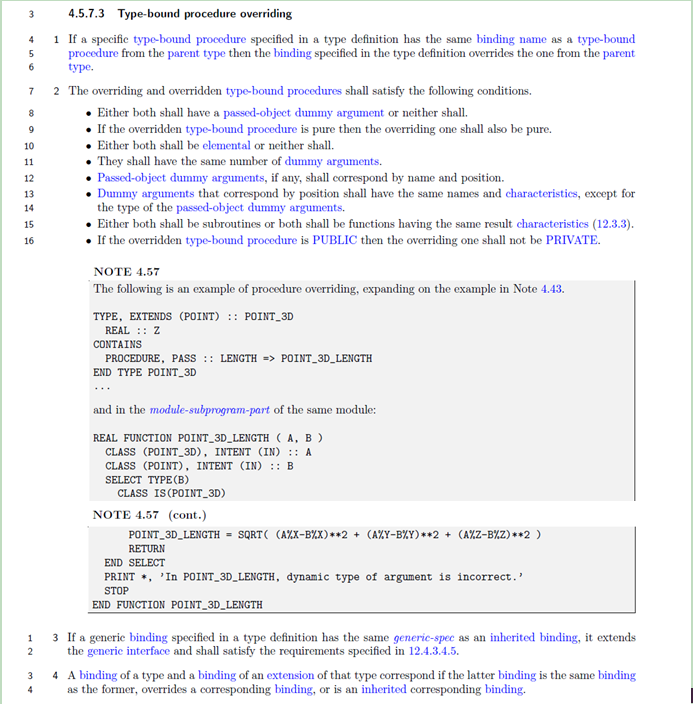



Procedure Inheritance Rules In Fortran 03 08 For Class Intel Community




Unit 2 Java
PGI Fortran Reference Guide Version 15 PGI Compilers and ToolsSource code preprocessing Fortran source code needs to be preprocessed so that CAST can understand it and analyze it correctly In previous releases of the extension, this preprocessing was a manual action that needed to be completed before the code was analyzedHowever, in this release and all future releases, the code preprocessing is actioned automatically when anThis sourced allocation (Not really a cast, you are creating a temporary and copying it to the allocated array) is allowed by the standard (F08 at least), but is not supported by the versions of gfortran I tried recently For gfortran you currently must supply the boundaries of the allocated




Sending Large Message Counts The Mpi Count Issue Ppt Download



What Is Type Casting In C What Are Some Examples Quora
Control flow in loops;In fortran, how to do that?Character 1 ICHAR 1 Character Integer 1 The result depends on the collating sequence in use;



What Is Type Casting In C What Are Some Examples Quora



Github Stewmasterj 3drendering 3d Engine In Fortran Written To Linux Framebuffer Ray Casting
The value 1_Real32 is an intliteralconstant (R407, Fortran08 4422 5) To get a real value instead you need to change it to 1_Real32 The presence of the decimal makes it a realliteralconstant (R413, Fortran08 4423 6) Remember thatAll Languages >> Fortran >> casting string to int c "casting string to int c" Code Answer's c string to int cpp by Fair Ferret on Donate 8 Source stackoverflowcom stoi (n) whatever by Angry9229 REAL — Convert to real type Description REAL(A , KIND) converts its argument A to a real type The REALPART function is provided for compatibility with g77, and its use is strongly discouraged Standard Fortran 77 and later, with KIND argument Fortran 90 and later, has GNU extensions Class Elemental function Syntax




Fortran Programming Tutorials Revised 010 Intrinsic Functions Parameter Execution Youtube



Www3 Nd Edu Apaul2 The Jungle Fortran Files Ifort Pdf
Fortran documentation Abstract derived types Example An extensible derived type may be abstract type, abstract base_type end typeAll Languages >> Fortran >> type casting c string to int "type casting c string to int" Code Answer type casting c string to int cpp by Cooperative Cheetah on Donate 0FORTRAN 77 Language Reference Previous Arithmetic;




Fortran Tutorial Array Data Structure Subroutine




Type Conversions Implicit Conversion Explicit Conversion Ppt Download
Fortran documentation Type constructor Example Custom constructors can be made for derived types by using an interface to overload the type name28 rader how to do a 'type casting' in fortran?Python Fortran Rosetta Stone How to Execute Code Snippets;




1 Programming Languages B J Maclennan 2 Fortran Emphasis On Efficiency Ppt Download



Gcc Gnu Org Onlinedocs Gcc 6 1 0 Gfortran Pdf
In C, I can do int a;Math and Complex Numbers;This is a series of tutorials on fortran programming It is made targeting science and engineering students who are beginning to learn programming, but I rec



2



Language References
Type casting problem Quote > > In Fortran code there is one integer array as follows which stored > > the bitmap data > > parameter(max_raster=127*16) > > integer*2 raster(max_raster) > > When i am passing this array to create bitmap in to C code by C > > functionQuestion casting,fortran,typeconversion,gfortran,derivedclass I want to know if there is a way to pass a derived type inline in a subroutine Suppose that I have a module module test_mod type a end type type b end type contains subroutine test(var) type(a),intent(in) varDeveloper Studio C/C/Fortran Compilers Type casting problem Developer Studio C/C/Fortran Compilers



Github Ylikx Forpy Forpy Use Python From Fortran




Lecture 29 Cycle Exit More On Do Loop Cosmolearning Programming
Type Casting in Callbacks;Using the terminology "type casting" seems likely to cause confusion Fortran transfer intrinsic, for scalar operands, resembles the usually "illegal" type punning through pointer casting in C It's not like a normal C or C cast transfer is a generalization of the earlier Fortran equivalence, which is like a C union, where different data types Generic programming Generic programming is a method for reusing a single piece in different contexts, such as with multiple data types For example, the main body of a single numerical procedure can be reused for both single and double precision real variables or the code for a linked list can be reused for lists of integers, reals, or strings




The Basics And Pitfalls Of Pointers In C Hackaday



Github Szaghi Stringifor Strings Fortran Manipulator With Steroids
But it might be ANSI or EBCDIC The first character in the collating sequence corresponds to 0 and the last to N1, where Nis the number of characters in the collating sequenceBefore Fortran 03, the only way to do type casting was using the transfer intrinsic function It is functionally equivalent to the method V, but more verbose and more error prone It is now obsolete and one should use the method V insteadName equivalence two types are equal if their names are equal In this kind of equivalance, one "type(MYSTRUCT)" would be equal to another "type(MYSTRUCT)") Index (key) equivalence each new type definition is assigned a unique index (or key) In this kind of equivalance, the first "type(MYSTRUCT)" is assigned a unique index and the second "type(MYSTRUCT)" assigned a
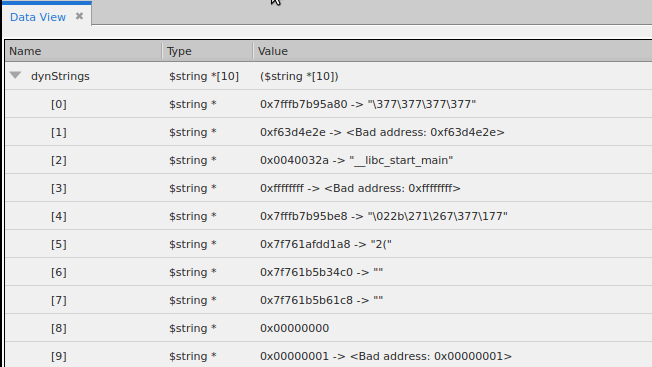



Casting To Another Type




Fortran 95 Practical Exercises Subroutine Matrix Mathematics
Type in the program above Fortran is caseinsensitive, ie it mostly does not care about capitalization Save the code to a file named hellof90 All files written in the Fortran format must have the f90 extension Next, you will check that the file you created is where you need it, translate your program using the compiler gfortran toInteger Type The integer types can hold only integer values The following example extracts the largest value that can be held in a usual four byte integer −Fortran Programming Tutorials (Revised) 008 Explicit type casting read statement Database Management Video EduRev is made by best teachers of Database Management This video is highly rated by Database Management students
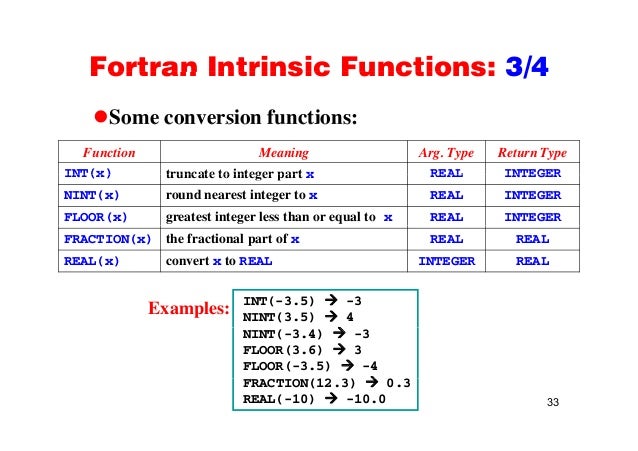



Fortran 90 Basics



Displaying Fortran Common Blocks Totalview User Guide V6 3
Fortran Programming Tutorials (Revised) 008 Explicit type casting read statement The following code segfaults because the explicit allocation in the type casting does not work any more with ifort18 beta I filed a bug report already A workaround is given module event_base implicit none private public event_callback_t public event_callback_nop_t public eio_callback_t public dispatch type, abstract event_callback_t private end type event_callback_tFortran provides five intrinsic data types, however, you can derive your own data types as well The five intrinsic types are − Integer type;




Dotcall64 An R Package Providing An Efficient Interface To Compiled C C And Fortran Code Supporting Long Vectors Sciencedirect



2
Typecasting innebär att en skådespelare blir känd för en enskild roll eller en viss typ av roller så att denna får svårt att ta sig ur det facket för att publiken förväntar sig att skådespelaren spelar en viss typ av roller, och/eller att rollsättare inte vågar satsa på att ge skådespelaren en annan typ av roll I vissa fall kan typecasting gynna skådespelaren då denne harIn Fortran 90 terminology, a constant literal may include an optional trailing underscore followed by a "kind type parameter" In the Sun Fortran 77 implementation, the "kind type parameter" is limited to the digits 1, 2, 4, or 8, and its use specifies the data size, in bytes, of the literal constantFortran 90 Derived Data Types The Fortran 90 derived data type is similar to C structures and also has some similarities with C classes The syntax for declaring a derived type, is type mytype integer i real*8 a(3) end type mytype To create a variable of type mytype, use type (mytype) var An array of mytype can also be created



Changing The Values Of Variables Totalview User Guide V6 3




8 0 Type Declaration In Fortran Implicit Explicit Cute766
Simple string data type, defining the effective length of the string in one component and the string's In order to use an object of a deriveddata type we must first define the form of the type For a very 2 Derived—dczta types 2 Features for ADTs Fortran revision, due in the year 00Re Type Casting INTEGER*4, DIMENSION 2 into 1 REAL*8 News Group complangfortran Glaser Martin wrote > My problem is that I have a REAL*8 and should squeeze into it a > INTEGER*4 Array with 2 values > INTEGER*4 int_value(2) > REAL*8 real_value > This should somehow be possible because the real value has 8 bytes, so > does the integer arrayFAQ What is the advantage of using Fortran (as opposed to for example C/C)?



Displaying Local Variables And Registers Totalview User Guide V6 3




Sending Large Message Counts The Mpi Count Issue Ppt Download
Fortran allows you to define derived data types A derived data type is also called a structure, and it can consist of data objects of different types Derived data types are used to represent a record Eg you want to keep track of your books in a library, you might want to track the following attributes about each book − Title;Fortran (/ ˈ f ɔːr t r æ n /;
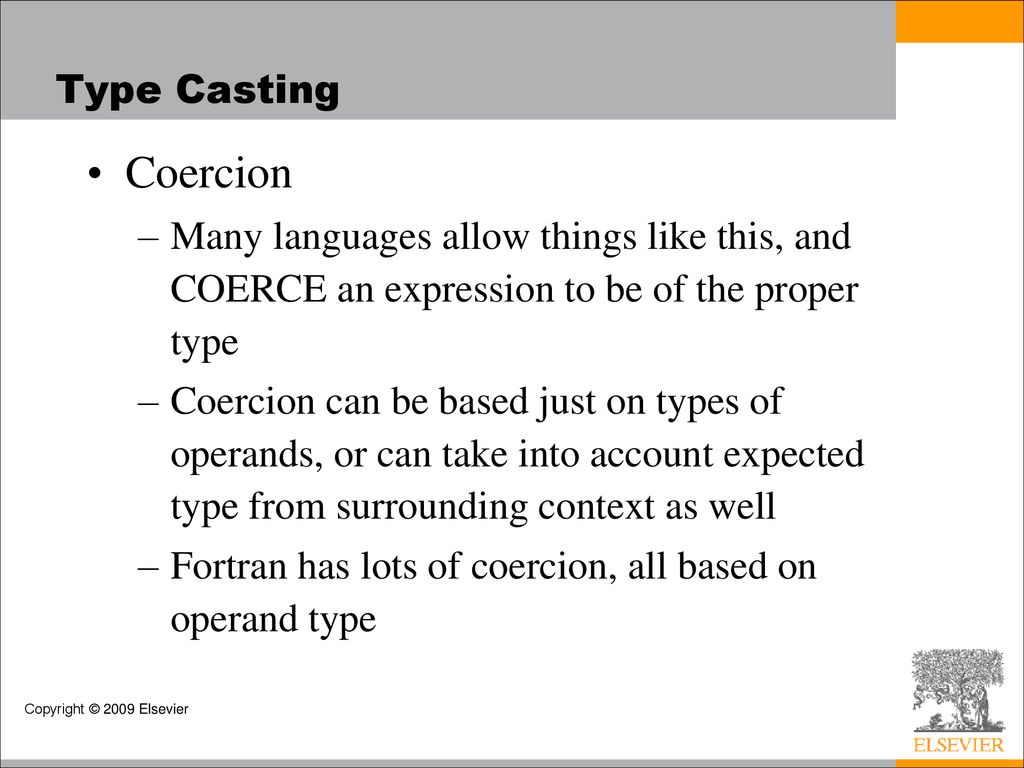



Chapters 7 And 8 Data Types Ppt Download



Implement Sorting Algorithms Issue 98 Fortran Lang Stdlib Github




Fortran Programming Tutorials Revised 009 Geany Features Parameter Keyword Youtube




Cse 4102 Chapter 6 Exploring Types And Equivalence




What Is The Use For Type Casting Quora




Converting Code From Matlab To Fortran 95 Oxford Computer Consultants




Lecture 13 Transition From Fortran To C Yi



Http Www Astro Physik Uni Potsdam De Htodt Ca Fortran Pdf




Pdf Design Patterns For Multiphysics Modeling In Fortran 03 And C
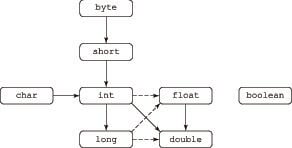



Converting And Casting Numeric Data In Java Dummies




Lecture 13 Transition From Fortran To C Yi




12 Modern Fortran In Practice Subroutine Parameter Computer Programming



Fortran 90 User Defined Types Totalview User Guide V6 3




Pdf Design Patterns For Multiphysics Modeling In Fortran 03 And C



Http Www Astro Physik Uni Potsdam De Htodt Ca Fortran Pdf



Fortran 90 Pointer Types Totalview User Guide V6 3




Fortran Is Alive 5 Reasons Why Fortran Isn T Dead Vortech



2



Pointer Computer Programming Wikipedia
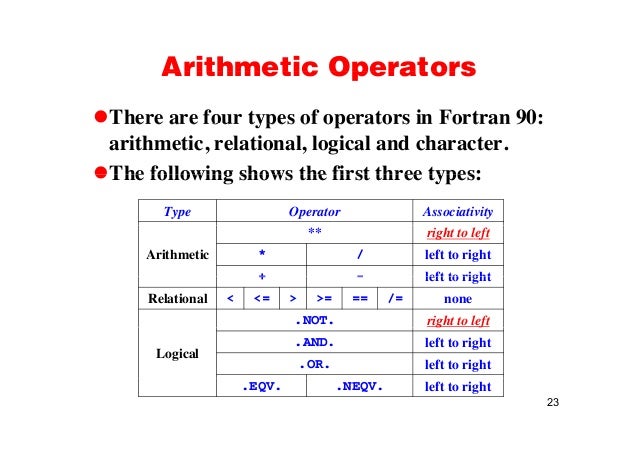



Fortran 90 Basics




Fortran Programming Tutorials Revised 008 Explicit Type Casting Read Statement Youtube




Convert Int To String Php Code Example



2




Implementing The Mpi 3 0 Fortran 08 Binding Junchao Zhang Argonne National Laboratory Pavan Balaji Argonne National Laboratory Ppt Download




Pdf Generic Programming In Fortran Martin Erwig Academia Edu




Dotcall64 An R Package Providing An Efficient Interface To Compiled C C And Fortran Code Supporting Long Vectors Sciencedirect




C Basics Introduction To Typecasting Webinar Slides 1



Www Nics Tennessee Edu Files Pdf Hpcss13 14 01 16 Intro To Fortran Pt1 Pdf




Cs 2104 Type Checking Polymorphism Reading Chapters 3
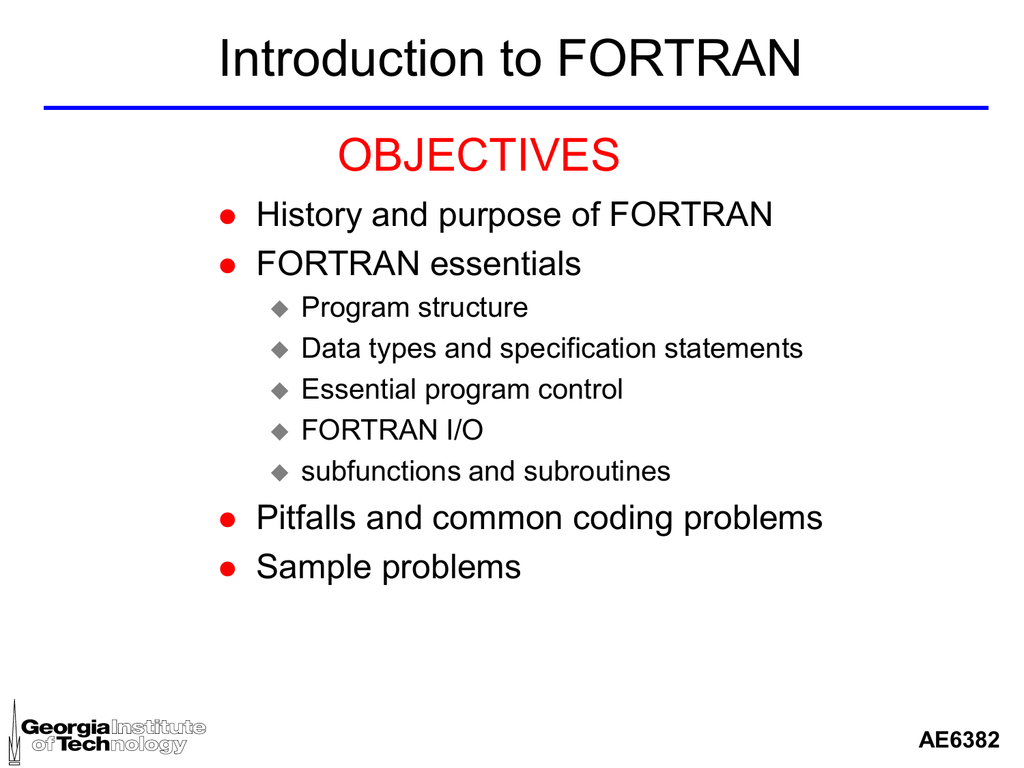



Intro To Fortran




Fortran Learning Cambridge University Trigonometric Functions Data Type



2



Why Am I Presented With The Error This Name Does Not Have A Type And Must Have An Explicit Type If I Have Listed All My Variables Quora




Fortran Programming Tutorials Revised 008 Explicit Type Casting Read Statement Youtube



Www Cs Kent Ac Uk People Staff Dao7 Publ Wrt13 Orchard Rice Pdf
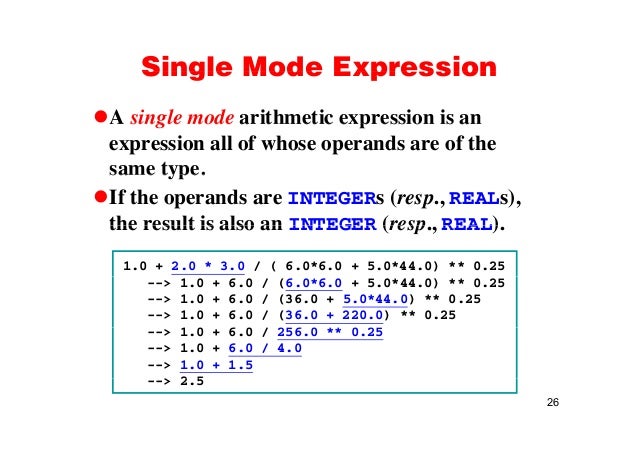



Fortran 90 Basics




C For Fortran 95 Users June 07 Page 1 A C Tutorial For Fortran 95 Users By Dr Ahmet Bingul June 07 University Of Gaziantep Department Of Engineering Ppt Download




Code Listing 1 Keywords In Fortran Code Listing 2 Different Syntax Download Scientific Diagram




Pdf Exposing Fortran Derived Types To C And Other Languages Srinath Vadlamani Academia Edu




Walking Randomly Fortran




Code 08 Fortran Programming Tutorials Revised 008 Explicit Type Casting Read Statement Facebook




Exposing Fortran Derived Types To C And Other Languages




Type Conversion Generics In Swift By Mark Lucking Geek Culture Medium




Type Conversion Generics In Swift By Mark Lucking Geek Culture Medium
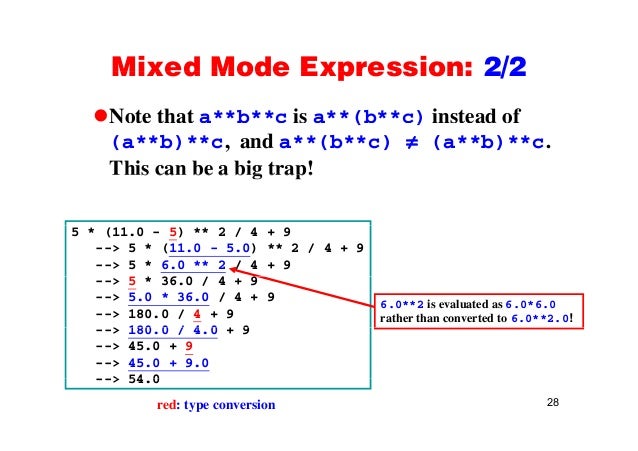



Fortran 90 Basics
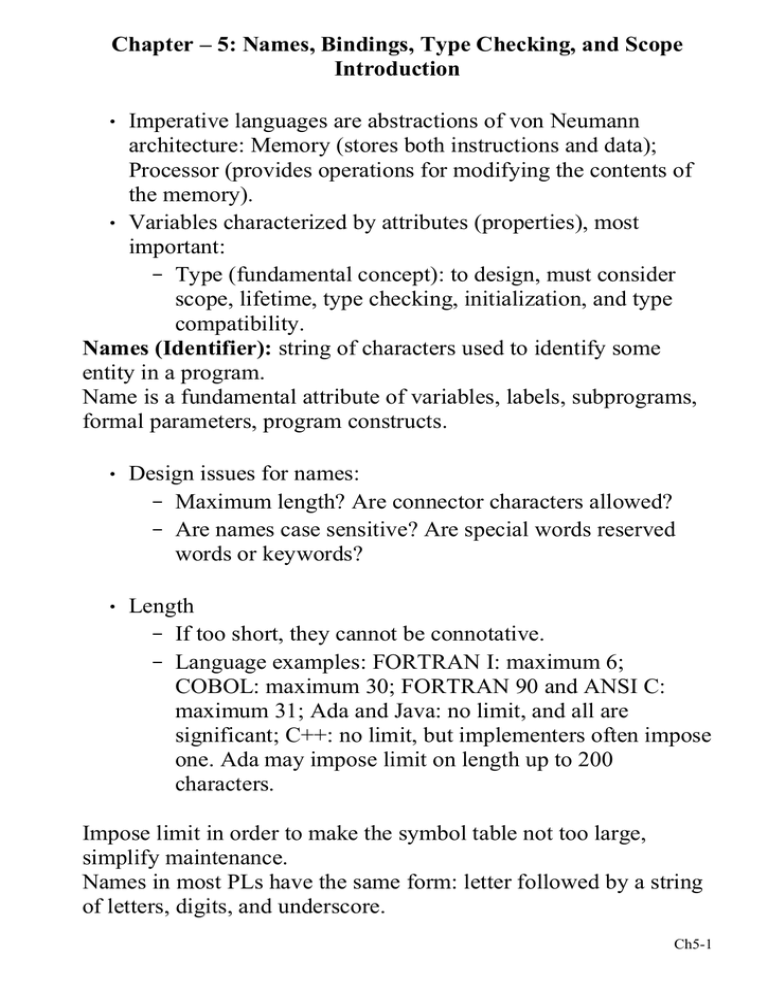



Chapter 5 Names Bindings Type Checking And Scope Introduction
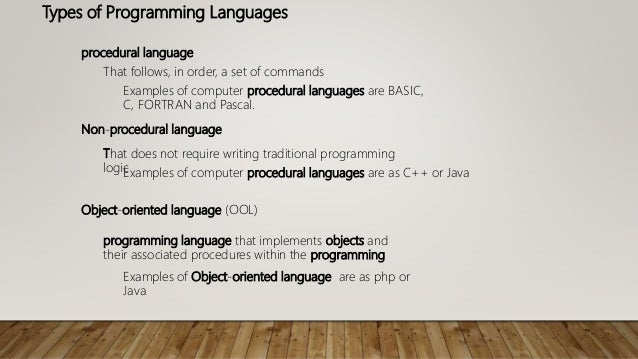



C Basics Introduction To Typecasting Webinar Slides 1



Displaying Fortran Module Data Totalview User Guide V6 3




Fortran 1 0 Cast Aip Technologies Cast Documentation
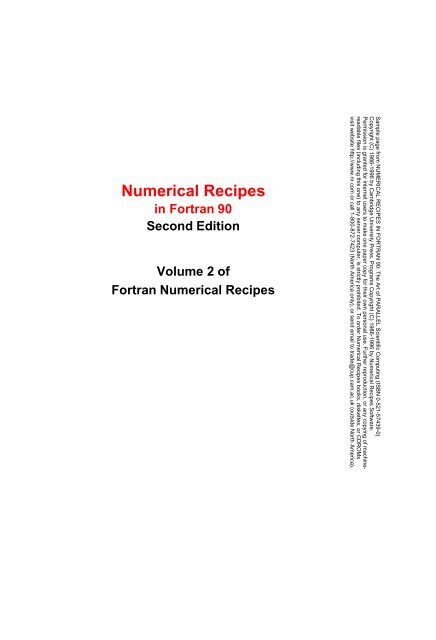



Numerical Recipes In Fortran 90 Pdf Astrophysics And Neutrino




Fortran Programming Tutorials Revised 007 Type Casting Case Insensitivity Youtube
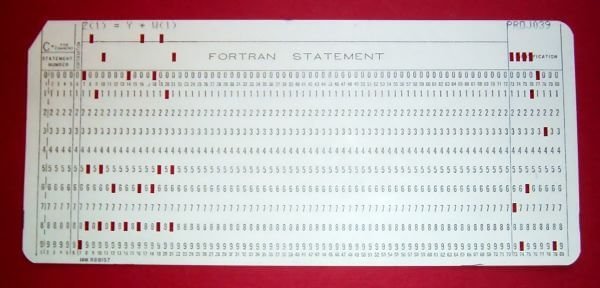



Fortran Is Alive 5 Reasons Why Fortran Isn T Dead Vortech




Fortran Programming Tutorials Revised 006 Fortran Operators And Operator Precedence Youtube




No Title



Http Www Fortran s Org 19 Fortranbenefitssurvey Final Pdf




Type Casting In C Language Pdf Data Type Notation



Pseudorandom Number Generator Issue 135 Fortran Lang Stdlib Github
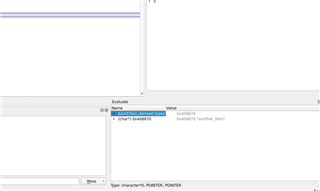



How Can Fortran Allocatable Character Variables Be Displayed In Ddt Hpc Forum High Performance Computing Arm Community




8 0 Type Declaration In Fortran Implicit Explicit Cute766




5 Convert Celsius To Fahrenheit And Kelvin In Fortran Program Youtube
:format(jpeg):mode_rgb():quality(90)/discogs-images/R-1126-1246206454.jpeg.jpg)



Fortran Search The End Part Ii 1998 Vinyl Discogs




Data Type Declarations L Basic Data Types Are




Data Types And The Type System James Brucker Important Topics What Is A Type System What Are Common Data Types How Are Numeric Types Stored And Operated Ppt Download




Python Casting Code Example




Type Casting In C Language Pdf Data Type Notation



How Did Fortran Look Like Quora




Chapter 6 Data Types Isbn 0 321



Wiki Uiowa Edu Download Attachments Fortran Novella Holcomb Pdf



Fweber Sdsu Edu P317 Comparison Pdf




Code Listing 1 Keywords In Fortran Code Listing 2 Different Syntax Download Scientific Diagram



0 件のコメント:
コメントを投稿